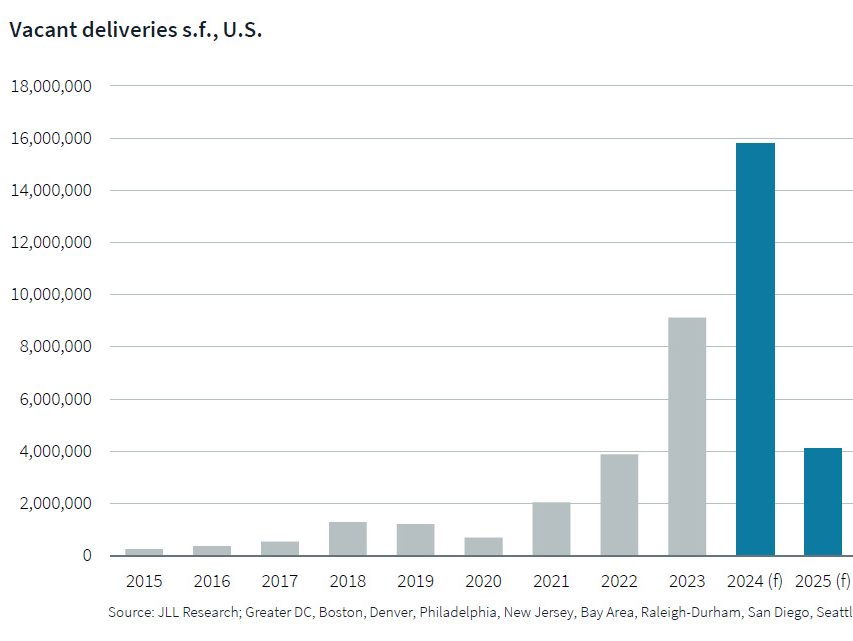Economy Watch: Greeks Warned, Wal-Mart Wins
The International Monetary Fund spoke of "large global spillovers" from the euro-zone debt crisis. Or more fully in a banker-like statement: "Failure to undertake decisive action could rapidly spread tensions to the core of the euro area and result in large global spillovers."
June 20, 2011
By Dees Stribling, Contributing Editor
Over the weekend, the International Monetary Fund warned of “large global spillovers” from the euro-zone debt crisis. Or more fully in a banker-like statement: “failure to undertake decisive action could rapidly spread tensions to the core of the euro area and result in large global spillovers.”
The statement came in the wake of the delay over the weekend of the next bailout payment for Greece. Euro-zone finance ministers are pushing new austerity measures for the country before they (the ministers) turn over the dough, and naturally enough the Greeks aren’t particularly enthusiastic about more austerity strings attacted. Among the spillovers the organization is thinking of are the exposure of various international banks that would be caught holding the bag should it come to a default by Greece.
For the Greek people, who are a bit testy over the austerity these days, the IMF’s message was “consolidation will have to continue,” which is bankese for “too bad.” The Greek parliament is expected to vote next week on new austerity measures, and just in case things get out of hand, an escape tunnel from the parliament building to the seaport of Piraeus has reportedly been refurbished.
Wal-Mart Wins Big in Discrimination Suit
In a ruling the promises to reshape class-action lawsuits in the United States to an unknown degree, the U.S. Supreme Court ruled on Monday that 1.5 million women were too many to sue the retail behemoth Wal-Mart Stores Inc. for sex discrimination. That number is all the women who have ever worked for Wal-Mart since 1998, and the high court said that a class that size didn’t have enough in common to sue the company.
“To sue about literally millions of employment decisions at once, [plaintiffs] need some glue holding the alleged reasons for all those decisions together,” said Justice Antonin Scalia, summarizing his ruling from the bench. The case, Wal-Mart v. Dukes, was decided 5-4. In a separate but related ruling, all of the members of the high court said that under existing federal rules the plaintiffs’ could not seek back pay in addition to injunctive relief.
The court didn’t decide on the matter of whether Wal-Mart discriminated against any particular woman, however. Claims against the retailer with the Equal Employment Opportunity Commission and other suits involving individuals or possibly smaller classes (such as the women of individual stores) are likely to occur.
Government Sues Banking Giants Over Bum Mortgage Bonds
The National Credit Union Administration filed suit on Monday against J.P. Morgan Chase & Co. and Royal Bank of Scotland Group P.L.C., accusing the financial giants of tricking five credit unions into buying more than $3 billion worth of mortgage bonds back in the mid-2000s that, to quote the suit, were “destined to perform poorly.”
Among credit unions, this is no small matter. About 40 percent of the credit unions that existed before the fall of 2008 have since gone under, in no small measure because of toxic mortgage securities, some $50 billion of which (nominal value) are now held by the National Credit Union Administration, and which are close to worthless.
Wall Street passed Monday in a pleasant summer mood, with the Dow Jones Industrial Average gaining 76.02 points, or 0.63 percent. The S&P 500 was up 0.54 percent and the Nasdaq advanced 0.5 percent.








You must be logged in to post a comment.